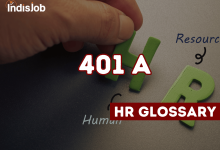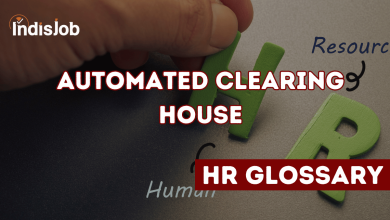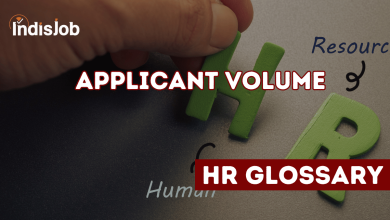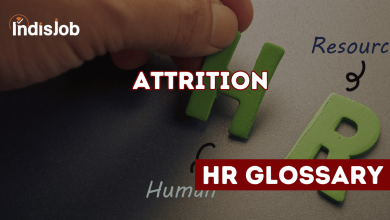Absent Without Leave – Meaning and Definition

What is Absent Without Leave (AWOL)?
Absent Without Leave, often abbreviated as AWOL, refers to an employee’s unauthorized absence from their duties or responsibilities without providing notice or obtaining proper authorization. This breach can significantly tarnish an employee’s professional standing, and in many organizations, being labeled AWOL can lead to formal disciplinary measures, including termination. Employers possess the authority to end an employee’s contract following established procedures when faced with AWOL situations. Such conduct can detrimentally affect an individual’s career prospects and is generally frowned upon.
Should an employee find themselves dissatisfied with their current employment situation, it is crucial to adhere to proper procedures for departure rather than abruptly leaving without prior notice. AWOL is categorized as workplace misbehavior, and private sector employees, particularly those in at-will employment arrangements, may find themselves with limited rights in such circumstances. The nature of at-will employment allows for termination without a specific cause, including instances of unauthorized absence.
However, some companies may have policies in place specifically addressing misbehavior and disciplinary actions. Depending on the severity of the offense and the organization’s policies, a single instance of AWOL may not automatically warrant termination.
In contrast, government sector employees often enjoy certain rights, including prior written notice and an opportunity to respond, especially in cases involving disciplinary proceedings such as 2-week suspensions, disqualifications, and layoffs.
Key Pointers to Understand AWOL:
- Unauthorized Absence of Employees: AWOL denotes the absence of an employee without proper authorization.
- Lack of Prior Notice Provided: Employees classified as AWOL typically fail to provide advance notice of their absence.
- Violation of Workplace Ethics: Being AWOL is considered a breach of workplace ethics and can lead to disciplinary actions.
- Response from Employer’s Side: Employers may have established policies to address AWOL situations, ranging from warnings to termination.
- Attendance and Leave Policies of the Organization: Understanding the organization’s attendance and leave policies is crucial in managing AWOL instances.
- Harsh Consequences for the Employee: The consequences of being AWOL can be severe, impacting an employee’s professional reputation and career progression.
Organizations must implement and maintain robust attendance management policies to ensure a productive and efficient work environment. Properly addressing instances of AWOL is integral to fostering a disciplined and accountable workplace culture.






